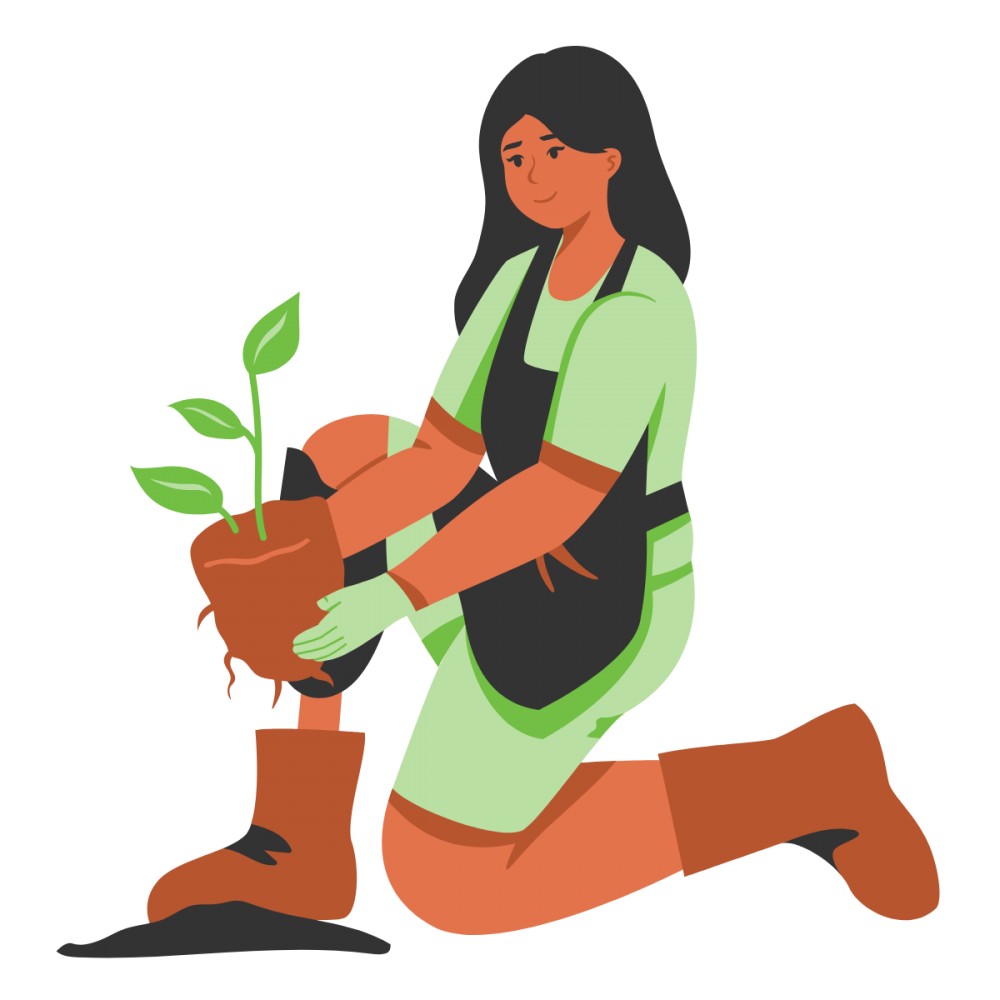Why is hope important?
Hope plays a crucial role in positive mental wellbeing; hopeful people are less likely to experience depression and anxiety, and more likely to actively participate in their own recovery when they do face mental health challenges. Having a strong sense of hope also builds resilience, and makes it easier to cope with life’s challenges.
Hope makes such a difference to our mental wellbeing because it gives us a sense of purpose, something to look forward to and work towards. If you have hope, you’re more likely to set goals and work towards achieving them, which means you’re creating more positive change in your own life.




